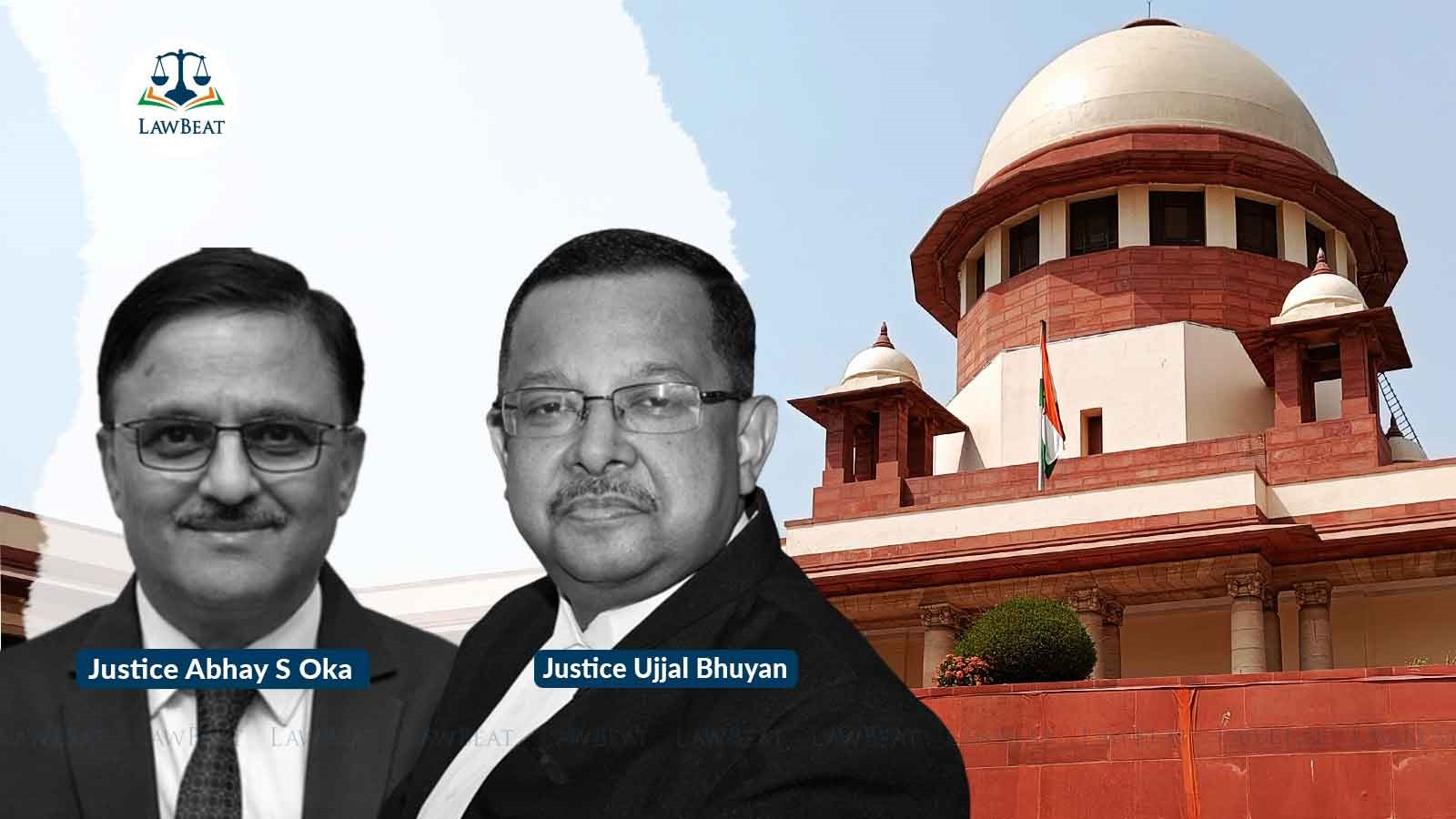Non-participation in public hearing doesn't disentitle from challenging Electricity Regulatory Commission order: SC

The court found no error in the view taken by the Tribunal that the appellant was not entitled to impose a reliability charge on customers like the first respondent, JSW Steel
The Supreme Court has said the failure to participate in public hearing does not disentitle one, aggrieved by an order of the State Electricity Regulatory Commission to file an appeal before the Electricity Appellate Tribunal.
A bench of Justices Abhay S Oka and Ujjal Bhuyan has, while saying so, upheld an order by the Appellate Tribunal for Electricity which set aside an order by the Maharashtra Electricity Regulatory Commission allowing the Maharashtra State Electricity Distribution Company to impose reliability charge upon M/s JSW Steel Ltd and another.
The appellant, Maharashtra State Electricity Distribution Co Ltd, was responsible for the distribution and supply of electricity in the entire State of Maharashtra, except the areas that expressly fell within the responsibility of the utilities like the Brihanmumbai Electric Supply and Transport Undertaking, TATA Power Company, Reliance Energy Limited, etc.
JSW Steel, the respondent, a steel industry, is a continuous process industry and a bulk consumer, it was imposed with a higher tariff.
The appellant distribution company filed a petition before the Commission under the Electricity Act, 2003 for approval of reliability charges to be recovered for implementing Zero Load Shedding (ZLS) in the area covered by Pen Circle in Maharashtra.
As per the directions of the Commission, a public notice was published for inviting objections. The Commission conducted a public hearing. By the order of June 15, 2009, the Commission allowed the petition filed by the appellant and imposed a reliability charge from June 16, 2009 to March 31, 2010 on account of ZLS, which was made payable by all the consumers in the Pen Circle area, including the first respondent.
An appeal was preferred by the first respondent before the Appellate Tribunal for Electricity, which on June 15, 2009 set aside the order of the Commission.
Before the apex court, the appellant submitted the reliability charge existed in Pune, Baramati, Vashi and Thane circles. Relying upon Section 62 (3) of the 2003 Act, it submitted that the Commission has adequate powers to bring in schemes to improve the nature of supply in a particular area. The appellant also contended non-participation of the public hearing by the Commission would amount to consent for imposition of reliability charge.
It also said since the respondent enjoyed ZLS and, it was, therefore, liable to pay the reliability charge, which HT industrial consumers are paying in Pune, Baramati, Thane and Vashi circles. It thus submitted that the view taken by the Tribunal is erroneous.
Examining the submission, the bench said the Tribunal noted that the first respondent is undisputedly a continuous process industry on express feeder and is not subjected to load-shedding. The Tribunal also found that the tariff of HT continuous industries, like the first respondent, has been fixed at a higher rate than that of the tariff rate applicable for HT non-continuous industries.
As the first respondent had already been subjected to higher tariffs than consumers on non-express feeders, the appellant has already been compensated for providing continuous supply to the industries like the respondent.
The Tribunal also held that neither Section 62(3) of the 2013 Act nor the Rules and Regulations framed by the Commission support the levy of reliability charge. The appellant in this appeal is unable to show any basis in the Statute or Statutory rules and regulations to support the levy of a reliability charge.
As regards the failure of the first respondent to object at the time of the public hearing, the Tribunal recorded a finding of fact that Vidharba Industries Association, of which the first respondent is a member, had raised an objection by filing an affidavit.
"Under Section 111 of the 2003 Act, a statutory appeal is provided against an order of the Commission. The remedy is available to any aggrieved person. It cannot be disputed that the first respondent was directly affected by the levy of the reliability charge. Hence, the first respondent was the person aggrieved within the meaning of Section 111. In the appeal, the appellant was entitled to challenge the legality of the impugned order of the Commission. Nothing in the 2003 Act suggests that a consumer who does not participate in the Commission's public hearing and is aggrieved by an order of the Commission is disentitled to prefer an appeal," the bench said.
It pointed out that the first respondent was admittedly a continuous process industry and paid a higher tariff during the relevant period of July 2009 to April 2010 to enable it to get supply without load-shedding.
